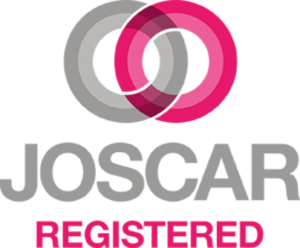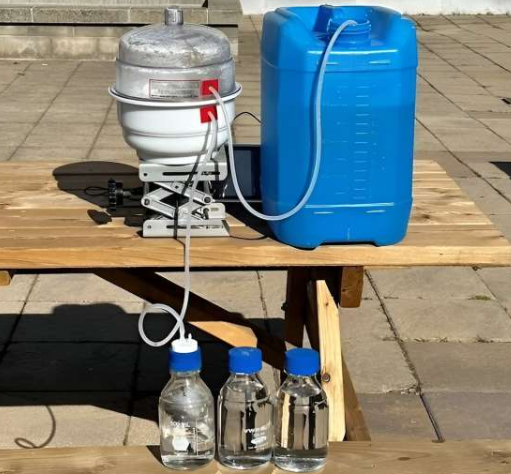Energy-efficient device uses solar power to turn seawater into fresh water
Researchers at the University of Waterloo have designed an energy-efficient device that produces drinking water from seawater using an evaporation process driven largely by the sun.
Desalination is critical for many coastal and island nations to provide access to fresh water, given water scarcity concerns due to rapid population growth and increasing global water consumption.
Roughly 2.2 billion people worldwide have no access to clean water, emphasizing the urgent need for new technologies to generate fresh water, according to the UN World Water Development Report 2024.
Current desalination systems pump seawater through membranes to separate salt from water, but this process is energy-intensive, and salt often accumulates on the device’s surface, obstructing water flow and reducing efficiency. As a result, these systems require frequent maintenance and cannot operate continuously.
To solve this problem, Waterloo researchers drew inspiration from the natural water cycle to create a device that mirrors how trees transport water from roots to leaves. The new technology can continuously desalinate water without the need for major maintenance. The study is published in Nature Communications.
“Our inspiration comes from observing how nature sustains itself and the way water evaporates and condenses in the environment,” said Dr. Michael Tam, a professor in Waterloo’s Department of Chemical Engineering.
“The system we’ve engineered induces water to evaporate, transports it to the surface, and condenses it in a closed cycle, effectively preventing the accumulation of salt that reduces the efficiency of the device.”
The device is also solar-powered and can convert about 93% of the sun into energy, five times better than current desalination systems. It can also produce about 20 liters of fresh water per square meter, the same amount that the World Health Organization recommends each person needs every day for basic drinking and hygiene.
The research team, which includes Ph.D. students, Eva Wang and Weinan Zhao, made the device using nickel foam coated with a conductive polymer and thermoresponsive pollen particles.
This material absorbs sunlight across the solar radiation spectrum to convert the sun’s energy into heat. A thin layer of salt water on the polymer is heated up and transported upward, similar to how water naturally travels through the capillaries in trees.
As the water evaporates, the remaining salt moves to the bottom layer of the device, like a backwash system in a swimming pool, which prevents any potential water blockage and ensures a continuous operation.
Dr. Yuning Li, a professor in Waterloo’s Department of Chemical Engineering, helped the research team generate solar energy for the project using a solar tester to measure the device’s light-harvesting properties.
“This new device is not only efficient but also portable, making it ideal for use in remote regions where access to fresh water is limited,” Li said. “This technology offers a sustainable solution to the emerging water crisis.”
Going forward, the Waterloo researchers plan to build a prototype of their device that can be deployed at sea to test the technology on a larger scale.
“If the test is proven successful, the technology can sustainably supply fresh water to coastal communities and advance UN Sustainable Development goals 3, 6, 10 and 12,” Tam said.
Source: https://techxplore.com/news/2024-09-energy-efficient-device-solar-power.html
Acres have a range of standard products but also support clients with custom machinery and medium-high volume products such as trolleys, stillages etc.
We have manufactured lots of different tables / workstations / workbenches for various industries.
We also manufacture access platforms, jigs and fixtures and many other types of production support solutions / products.
Talk to us today about your requirements: [email protected] / 01332695240 / Contact Us Form
Click on the icon to check out our social media! Please follow, like and share!
Want to know more about Acres Engineering?
We are based in the UK from our Headquarters in Derbyshire, England and have a European office in Malaga, Spain within the EU.
Find out more about where we have been and what we have been up to by checking out our latest blog posts.
Take a look at how we support of the Armed Forces, STEM/Schools and Charities.
As a world leader in our field, we offer a range of information guides sharing best practice with our clients.
We make it easy to engage with us, we are approved on: EcoVadis (external) / JOSCAR (external) / AVETTA (external) / COUPA (external) / SAP ARIBA (external) / DEEPSTREAM (external) ….you can download our BSI / Insurance certificates here.




![]()
![]()
![]()
Source: TechXplore.com






